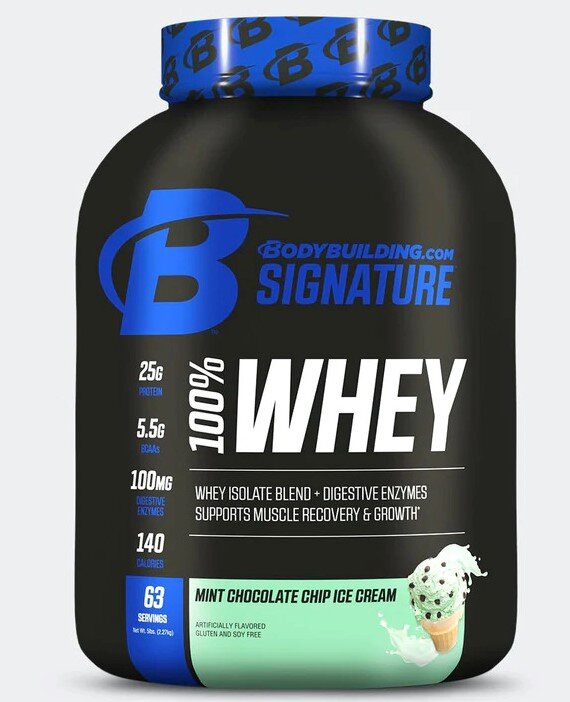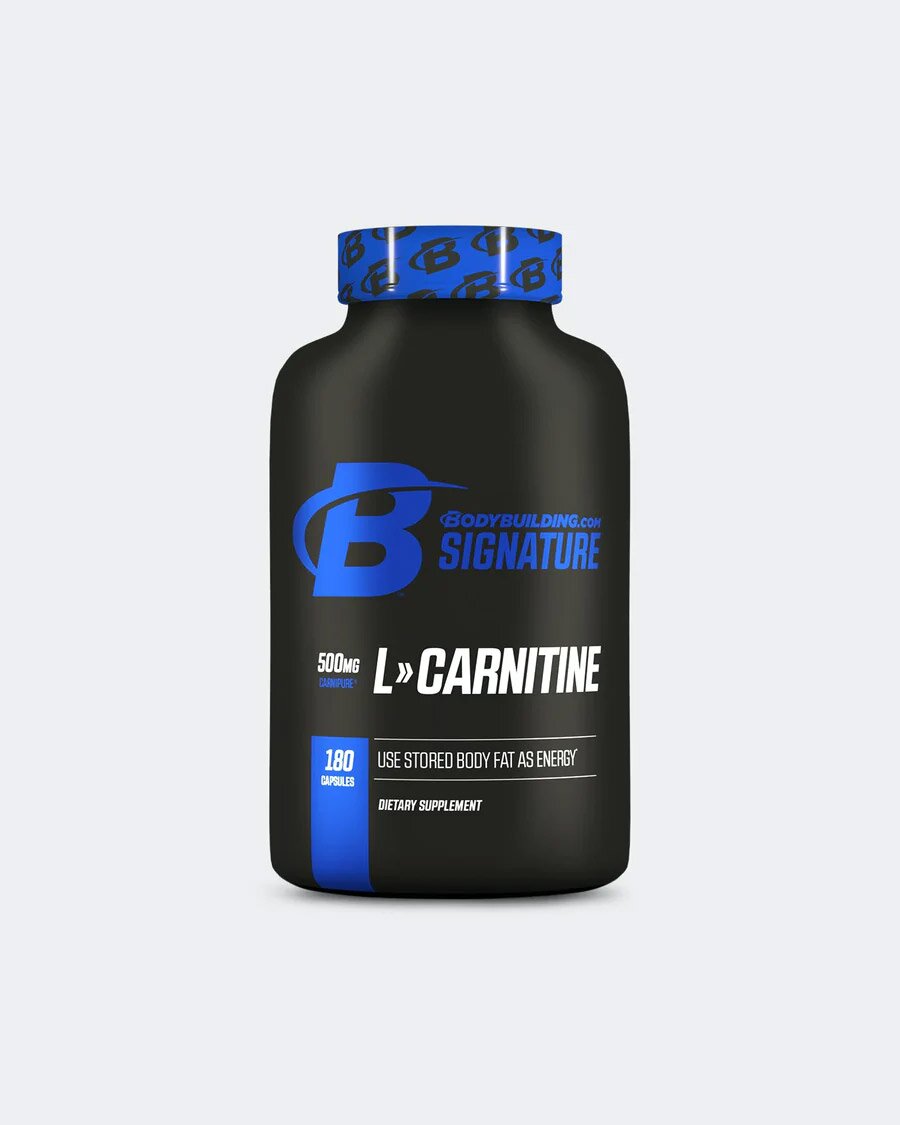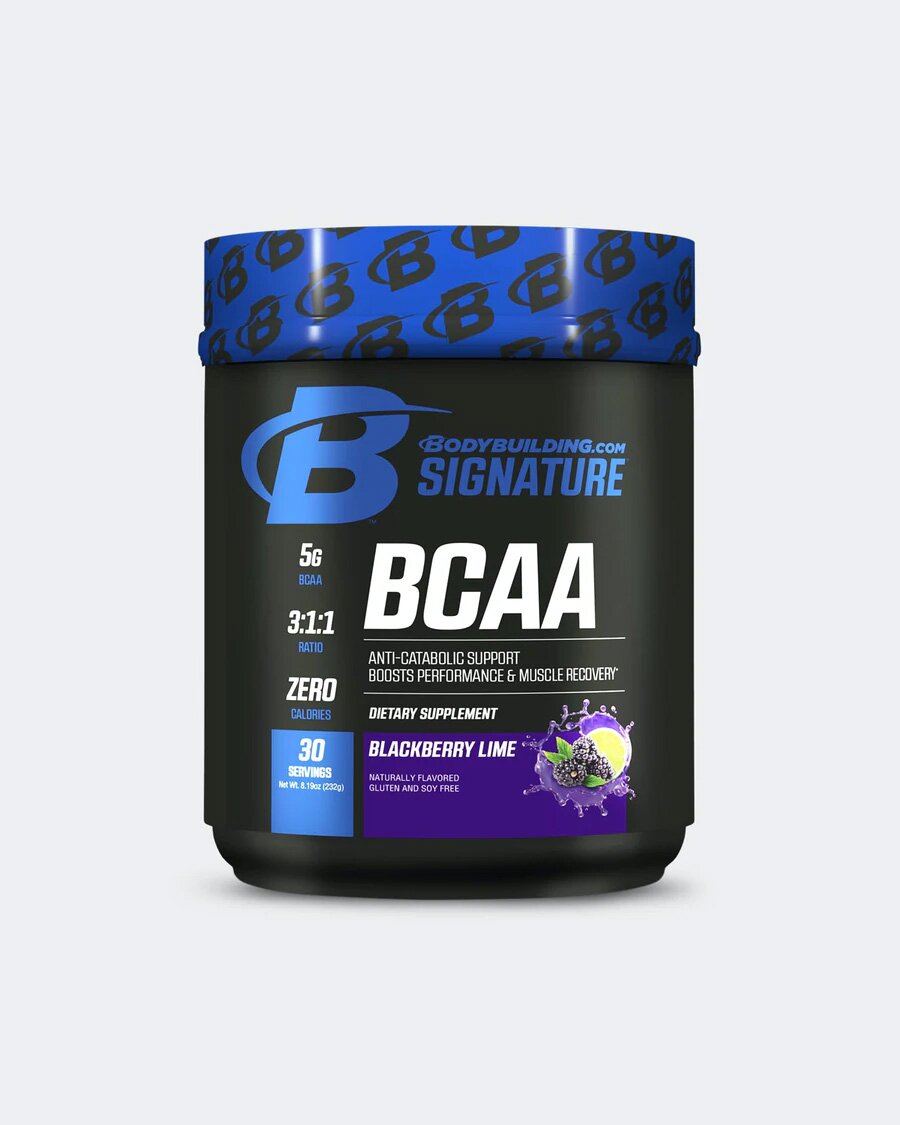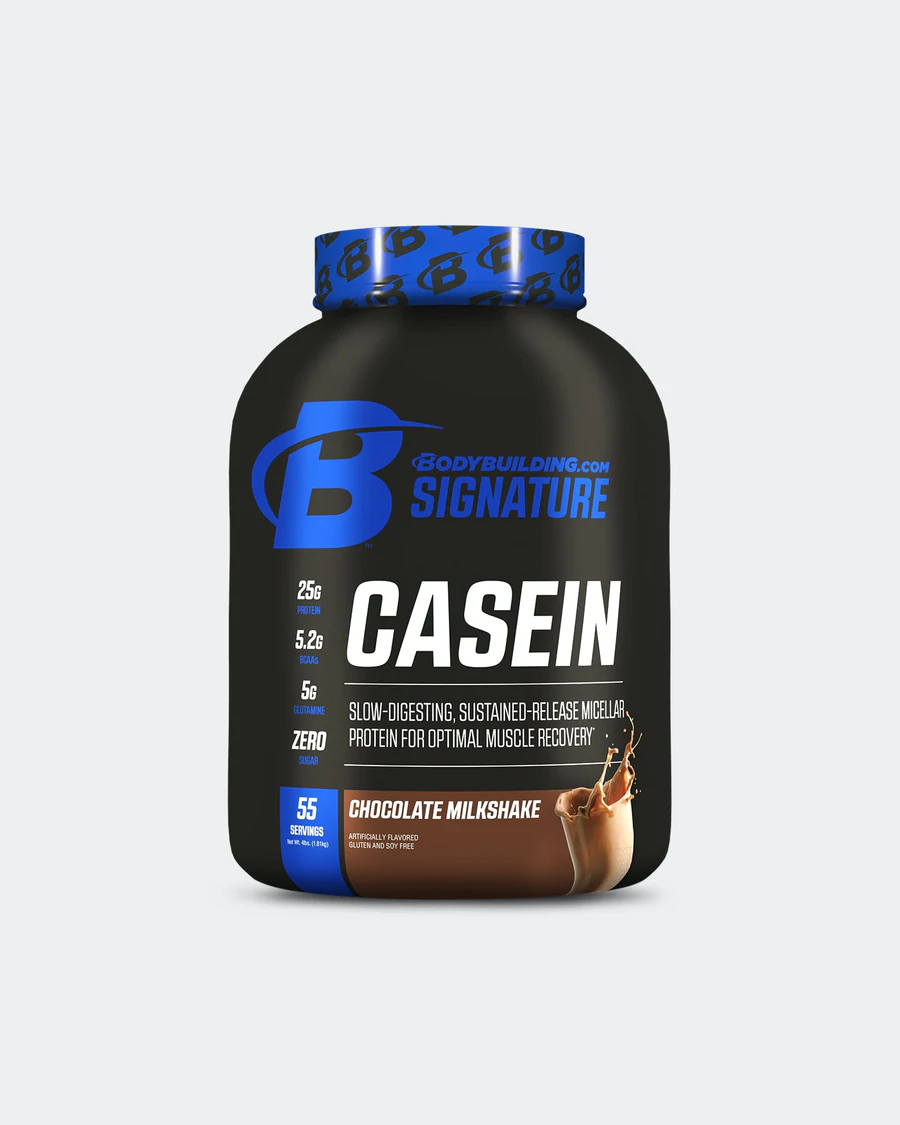Okay, so you've sorted your training plan and fine-tuned your diet. Now it's time to look at supplements if you really want to reach a higher, more badass level. Whether your goal is to increase strength, decrease body fat, or improve overall performance, adding supplements to your daily regimen can give you that extra edge. While there's no such thing as a magic pill (sigh), there are supps that can help fill in dietary blanks and support your workouts.
But with thousands of products on the market to choose from, choosing the ones that are right for you can be overwhelming. From milk thistle to horny goat weed, it seems as though there's a supplement for everything these days.

But with so many options comes a list of questions, starting with:
- Which ones are safe and effective?
- How much should I take to see results?
- When in the best time to take a supplement to maximize its benefits?
Don't get trapped by marketing gimmicks, flashy ads, or a catchy sales pitch. Here's the lowdown on what to take, how much to take, and when to take it for maximum results.
Supplements To Take At Or Before Breakfast
Whey Protein
As tempting as it is to hit the snooze button one more time, consider this: During sleep, your body is in a catabolic state. For 8-9 hours your body goes without food, tempting it to turn to your hard-earned muscle mass for fuel.
How do you stop this? Get out of bed and eat or drink! The best thing to put in your body first thing in the morning is a high-quality, fast-digesting protein. Whey protein, which is a fast-acting milk protein, can help to increase rates of protein synthesis by delivering essential amino acids to your muscles, jump-starting the anabolic process.
To enhance the effects of whey, add some carbohydrates, like fruit or a bowl of oatmeal, to your morning meal. Carbohydrates plus protein will enhance the anabolic response. It'll also help to restore some glycogen so you have fuel in the tank when it's time to hit the iron.
- Optimal dosage: 20-30 g upon waking.

Fish Oils
Fish oils, which contain the essential fatty acids EPA and DHA, are an excellent source of omega-3 fatty acids and provide a plethora of benefits for the body. These fatty acids have anti-inflammatory properties, and are potent antioxidants as well.
That's important because heavy exercise induces an inflammatory response. While some inflammation is desirable, too much can delay the recovery of muscles from exercise.
Research suggests that omega-3 fatty acids can help reduce post-exercise muscle soreness, making it an ideal supplement to add to your stack, especially during periods of intense training.[1,2]
Bonus: When combined with branched-chain amino acids (BCAAs) and carbs, omega-3s can increase protein synthesis rates, leading to greater gains in muscle mass.[3,4] So what better time to take these than with your protein-plus-carbohydrate breakfast?
- Optimal dosage: 2 g (EPA+DHA) daily, taken with breakfast

L-carnitine
Rumored to have helped the Italian national soccer team win the world championship in 1982, L-carnitine is often touted as a means to improve fat metabolism, reduce fat mass, and increase muscle mass. And who wouldn't want all of those benefits?
So how does this "fat torcher" work? L-carnitine is an amino acid naturally produced in the body and stored primarily in skeletal muscle. It serves as a transporter of fatty acids into the mitochondria of the cell, where fat metabolism takes place.
During rest and low- to moderate-intensity exercise, fat represents about 80 percent of your energy source. Increased levels of carnitine in the body would theoretically enhance the transport of fat and allow for more fat to be used during exercise.

Increased levels of carnitine in the body would theoretically enhance the transport of fat and allow for more fat to be used during exercise.
When consumed with carbohydrates, carnitine supplementation has resulted in a glycogen-sparing effect, as well as increased fat utilization, during low-intensity exercise.[5]
Bonus: L-carnitine is becoming an emerging supplement in the realm of exercise recovery. Several studies have reported its ability to reduce the exercise-induced muscle damage caused by heavy resistance training. It may do this by decreasing the accumulation of ammonia and increasing blood flow during and after exercise. The net effect is to optimize the tissue repair process.[6,7]
- Optimal dosage: 2 g daily, taken with a carbohydrate-rich meal

Conjugated linoleic acid (CLA)
CLA is a mixture of linoleic acid isomers with conjugated double bonds. Animal studies have shown that CLA supplementation causes changes in body composition, including reductions in fat mass and an increase in lean body mass.
Human studies are starting to produce promising results, too. Researchers in Sweden found that 12 weeks of CLA supplementation (4.2 grams per day) resulted in a significant decrease in body fat.[8] Extending these findings, one year of CLA supplementation was shown to reduce fat mass and increase lean body mass in a group of healthy volunteers.[9]
While the verdict is still out regarding this supplement, there is enough intriguing evidence to suggest that adding this to your daily stack may help you achieve your desired body composition goals.
- Optimal dosage: 4.2 grams per day, which can be divided between breakfast, lunch, and dinner.

Supplements To Take 1 Hour Before Your Workout
Before you pack your bag and head off to the gym, consider taking these energy boosters to help maximize your workouts.
Caffeine
Caffeine is a naturally derived stimulant found in many nutritional products, not to mention coffee. Caffeine has been shown to have a positive effect on energy metabolism, weight loss, and body fat. It has also been shown to be an effective ergogenic aid in both endurance exercise and short bouts of maximal exercise (e.g., sprints) by decreasing the rate of fatigue and lowering perception of effort.
Have a late night? Caffeine is also useful to increase mental alertness and concentration, all while increasing the utilization of free fatty acids by the exercising muscles. And grabbing a cup of joe on your way to the gym won't quite cut it.
A study published in the "Journal of Applied Physiology" compared pure caffeine consumption to regular coffee and found that only ingestion of pure caffeine caused an enhanced performance effect.[10]
- Optimal dosage: 150-300 mg
Green Tea Extract
This is one of the most common herbal supplements added to thermogenic products, primarily for its suggested effects on weight loss. Green tea extract contains high amounts of caffeine and catechin polyphenols (primarily epigallocatechin gallate, or EGCG), which has been shown to increase energy expenditure and fat utilization, giving you an extra edge during your workouts.
Simply sipping on green tea before your workout won't deliver the same benefits as consuming pure green tea extract—that is, unless you enjoy throwing back five cups of tea before hitting the gym.11 Look for a supplement that contains a high percentage of EGCG and save yourself from having to make repeated trips to the bathroom.
- Optimal dosage: 500-1000 mg of green tea extract (containing at least 30 percent EGCG)
If it's the "pump" you're looking for, consider adding the next three supplements to your pre-gym ritual. These nitric oxide (NO) boosters will help take your training intensity to the next level.
L-Arginine
This is the main precursor of NO, which plays an important role in increasing blood flow to active muscle during periods of high activity. An increase in NO can enhance oxygen and nutrient delivery, leading to improved exercise performance and recovery.

An increase in NO can enhance oxygen and nutrient delivery, leading to improved exercise performance and recovery.
Recently, a single dose of L-arginine increased time to exhaustion in elite male wrestlers, highlighting its beneficial effects on athletic performance.[12] Additionally, L-arginine may aid in muscle growth by stimulating the release of growth hormone and insulin-like growth factor, potent stimulators for protein synthesis.[13]
- Optimal dosage: 5-10 grams
Citrulline malate
Citrulline malate supplementation may also increase nitrogen levels in the body, increasing the protein content in muscle and enhancing the use of amino acids, especially BCAAs. But it doesn't stop there. Citrulline malate assists in the clearance of ammonia from the blood and muscle tissue, reducing the onset of fatigue, and has been shown to reduce post-exercise muscle soreness following high intensity resistance exercise.[14]
- Optimal dosage: 6 g
Beet Root
To complete the trifecta, don't forget the beets! Nitrate-rich foods such as beets, radishes, and pomegranates are a great way to boost the production of NO. Beet juice, or beet extract, has been suggested in numerous studies to enhance performance. Improved aerobic performance, delayed fatigue, and an increase in exercise tolerance have all been reported following beet supplementation.[15]
- Optimum dosage: 500 mg of beet extract or juice.
Look for pre-workout supplements that contain beet extract, along with arginine and citrulline, to maximize your strength, endurance and fat burning during your workout.
Supplements To Take 30 Minutes Before Your Workout
As you get closer to your workout, throw these supplements into your shaker bottle to further boost your energy levels, increase strength, and get a jump-start on the recovery process.
Beta-alanine
During intense exercise, the accumulation of hydrogen ions causes a drop in the pH level inside your muscle, ultimately leading to fatigue. The ability to delay fatigue is, in part, related to the concentration of carnosine found within the muscle.

During intense exercise, the accumulation of hydrogen ions causes a drop in the pH level inside your muscle, ultimately leading to fatigue.
Supplementation with beta-alanine, a precursor to carnosine, has been shown to enhance training by increasing work capacity and delaying time to fatigue. Studies have shown that beta-alanine supplementation can increase lean body mass, number of repetitions performed, and overall training volume.[16]
Bonus: The combination of beta-alanine and creatine can lead to greater increases in strength, training volume, and lean body mass compared to creatine alone.[17]
- Optimal dosage: 3-6 g (split up into 1-2 g servings if you want to minimize the "flushing" symptoms of beta-alanine).
Beta-hydroxy-B-methylbutyrate (HMB)
This metabolite of leucine has been associated with increases in lean body mass, strength, and power, particularly among untrained individuals. Thought to work by simultaneously increasing protein synthesis and inhibiting protein breakdown, HMB has been shown to reduce damage and soreness following high intensity exercise.
- Optimal dosage: 3 g divided into three equal dosages (one dose 30 minutes prior to exercise).
Glutamine
This non-essential amino acid is involved in protein and glycogen synthesis, and provides support for the immune system. ("Non-essential" means it does not have to be obtained through the diet.) While it may not lead to significant gains in lean body mass or reductions in body fat, anyone engaged in heavy exercise training can benefit from glutamine supplementation. Glutamine works by removing excess ammonia, which can accumulate during intense exercise, helping to regulate your body's acid-base balance.
- Optimal dosage: 20-30 g, consuming 5 g pre-workout and 5 g post-workout.
Supplement To Take During Your Workout
Branched-Chain Amino Acids (BCAAs)
BCAAs—isoleucine, valine, and especially leucine—are key when it comes to regulating protein metabolism, promoting protein synthesis, and suppressing protein degradation. In muscle, BCAAs serve as an important energy source during exercise, and BCAA supplementation before or after exercise may improve recovery of damaged muscles.[18]
BCAAs may also help you fight off fatigue during your workouts. BCAAs help to reduce tryptophan levels in the brain, limiting the production of serotonin. When serotonin levels rise, so does your perception of fatigue. By reducing the amount of tryptophan that can be converted to serotonin, you may be able to work out harder and longer!
- Optimal dosage: 10-15 g with a 2:1:1 ratio of leucine, isoleucine, and valine. Sip on these before, during, and after your workouts to help reduce protein breakdown and diminish the feelings of fatigue.

Supplements To Take After Your Workout
Keep it simple for your post-workout shake. Whey protein—which you already took at breakfast—is the key supplement player post-workout as well. Consuming 20 grams of whey protein within an hour of your workout can increase the rate of delivery and uptake of amino acids to skeletal muscle.
This is also a good time for more glutamine. Another serving here will help speed up the recovery process and reduce muscle soreness.
You should also add one new element to the post-workout mix:
Creatine Monohydrate
Quite possibly the most effective supplement for increasing muscle mass and high-intensity exercise capacity, creatine monohydrate has repeatedly been show to increase strength, power, and lean mass. Gains can range between 2-5 pounds following 4-12 weeks of resistance training, most likely the result of training harder, which promotes greater training adaptations and muscle hypertrophy.[19]
- Optimal dosage: 5 g daily taken with carbohydrates to increase transport into the muscle.
Note: While the majority of studies support the notion that it doesn't really matter when you take your creatine (pre- versus post-workout), recent research suggests that creatine supplementation taken immediately post-workout may be superior for increases in strength and fat-free mass compared to pre-workout.[20]
Don't shortchange yourself when it comes to post-workout nutrition. The combination of carbohydrates, protein, and creatine can lead to greater increases in strength and improvements in lean tissue and body fat compared to taking carbohydrate or protein by itself.[21]

Supplements To Take Before Bed
Casein Protein
Before you hit the sheets, treat yourself to a casein shake. Casein, a slow-digesting milk protein, helps to reduce the protein breakdown that normally occurs during sleep. Due to its slow-digesting properties, casein delivers a slow release of amino acids, which your body can use for fuel. This will spare your muscles from being tapped during what amounts to an overnight fast.

Before you hit the sheets, treat yourself to a casein shake.
- Optimal dosage: 20-30 g plus a second serving of omega-3s to assist with the recovery process.

References
- Jouris, K. B., McDaniel, J. L., & Weiss, E. P. (2011). The effect of omega-3 fatty acid supplementation on the inflammatory response to eccentric strength exercise. Journal of Sports Science & Medicine, 10(3), 432.
- Tartibian, B., Maleki, B. H., & Abbasi, A. (2009). The effects of ingestion of omega-3 fatty acids on perceived pain and external symptoms of delayed onset muscle soreness in untrained men. Clinical Journal of Sport Medicine, 19(2), 115-119.
- McDonald, C., Bauer, J., & Capra, S. (2012). Omega-3 fatty acids and changes in LBM: alone or in synergy for better muscle health? 1. Canadian Journal of Physiology and Pharmacology, 91(6), 459-468.
- Smith, G. I., Atherton, P., Reeds, D. N., Mohammed, B. S., Rankin, D., Rennie, M. J., & Mittendorfer, B. (2011). Omega-3 polyunsaturated fatty acids augment the muscle protein anabolic response to hyperinsulinaemia-hyperaminoacidaemia in healthy young and middle-aged men and women. Clinical Science, 121(6), 267-278.
- Wall, B. T., Stephens, F. B., Constantin-Teodosiu, D., Marimuthu, K., Macdonald, I. A., & Greenhaff, P. L. (2011). Chronic oral ingestion of L-carnitine and carbohydrate increases muscle carnitine content and alters muscle fuel metabolism during exercise in humans. The Journal of Physiology,589(4), 963-973.
- Volek, J. S., Kraemer, W. J., Rubin, M. R., Gómez, A. L., Ratamess, N. A., & Gaynor, P. (2002). L-Carnitine L-tartrate supplementation favorably affects markers of recovery from exercise stress. American Journal of Physiology-Endocrinology and Metabolism, 282(2), E474-E482.
- Bloomer, R. J. (2007). The role of nutritional supplements in the prevention and treatment of resistance exercise-induced skeletal muscle injury. Sports Medicine, 37(6), 519-532.
- Blankson, H., Stakkestad, J. A., Fagertun, H., Thom, E., Wadstein, J., & Gudmundsen, O. (2000). Conjugated linoleic acid reduces body fat mass in overweight and obese humans. The Journal of Nutrition, 130(12), 2943-2948.
- Gaullier, J. M., Halse, J., Høye, K., Kristiansen, K., Fagertun, H., Vik, H., & Gudmundsen, O. (2004). Conjugated linoleic acid supplementation for 1 y reduces body fat mass in healthy overweight humans. The American Journal of Clinical Nutrition, 79(6), 1118-1125.
- Graham, T. E. (2001). Caffeine, coffee and ephedrine: impact on exercise performance and metabolism. Canadian Journal of Applied Physiology, 26(S1), S186-S191.
- Hodgson, A. B., Randell, R. K., & Jeukendrup, A. E. (2013). The effect of green tea extract on fat oxidation at rest and during exercise: evidence of efficacy and proposed mechanisms. Advances in Nutrition: An International Review Journal, 4(2), 129-140.
- Yavuz, H. U., Turnagol, H., & Demirel, A. H. (2014). Pre-exercise arginine supplementation increases time to exhaustion in elite male wrestlers. Biology of Sport, 31(3), 187.
- Zajac, A., Poprzecki, S., Zebrowska, A., Chalimoniuk, M., & Langfort, J. (2010). Arginine and ornithine supplementation increases growth hormone and insulin-like growth factor-1 serum levels after heavy-resistance exercise in strength-trained athletes. The Journal of Strength & Conditioning Research,24(4), 1082-1090.
- Pérez-Guisado, J., & Jakeman, P. M. (2010). Citrulline malate enhances athletic anaerobic performance and relieves muscle soreness. The Journal of Strength & Conditioning Research, 24(5), 1215-1222.
- Bailey, S. J., Fulford, J., Vanhatalo, A., Winyard, P. G., Blackwell, J. R., DiMenna, F. J., ... & Jones, A. M. (2010). Dietary nitrate supplementation enhances muscle contractile efficiency during knee-extensor exercise in humans. Journal of Applied Physiology, 109(1), 135-148.
- Hoffman, J. R., Ratamess, N. A., Faigenbaum, A. D., Ross, R., Kang, J., Stout, J. R., & Wise, J. A. (2008). Short-duration beta-alanine supplementation increases training volume and reduces subjective feelings of fatigue in college football players. Nutrition Research, 28(1), 31-35.
- Hoffman, J., Ratamess, N., Kang, J., Mangine, G., Faigenbaum, A., & Stout, J. (2006). Effect of creatine and beta-alanine supplementation on performance and endocrine responses in strength/power athletes. International Journal of Sport Nutrition and Exercise Metabolism, 16, 430-446.
- Shimomura, Y., Inaguma, A., Watanabe, S., Yamamoto, Y., Muramatsu, Y., Bajotto, G., ... & Mawatari, K. (2010). Branched-chain amino acid supplementation before squat exercise and delayed-onset muscle soreness. International Journal of Sport Nutrition, 20(3), 236.
- Kreider, R. B. (2003). Effects of creatine supplementation on performance and training adaptations. Molecular and Cellular Biochemistry, 244(1-2), 89-94.
- Antonio, J., & Ciccone, V. (2013). The effects of pre versus post workout supplementation of creatine monohydrate on body composition and strength. Journal of the International Society of Sports Nutrition, 10(1), 36.
- Cribb, P. J., Williams, A. D., & Hayes, A. (2007). A creatine-protein-carbohydrate supplement enhances responses to resistance training. Medicine and Science in Sport and Exercise, 39(11), 1960-1968.

